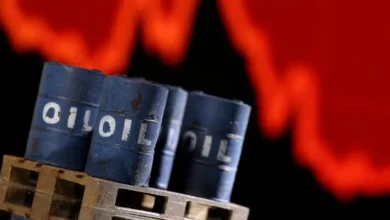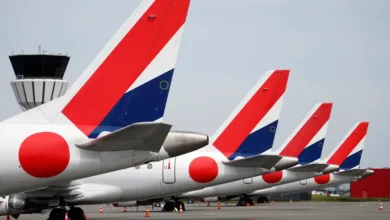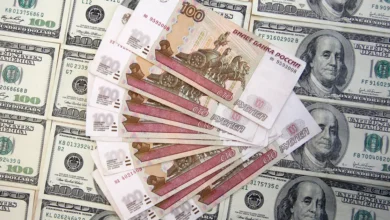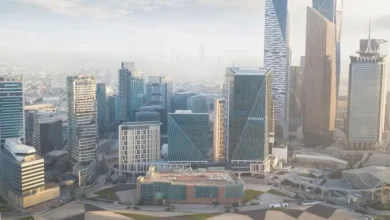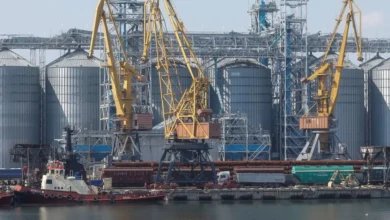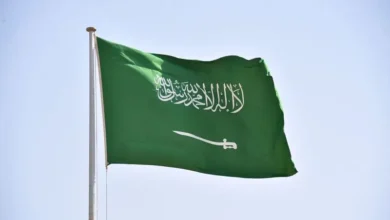Russia closely ‘monitoring’ impact of Red Sea crisis on energy markets
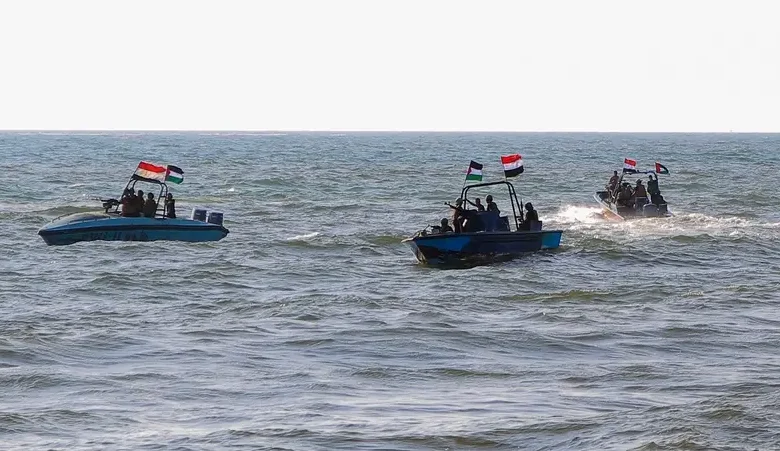
Russia is closely following the spillover of tensions in the Red Sea onto the global energy market, a top Moscow official said Thursday.
The Iran-backed Houthis have launched more than 30 attacks on commercial shipping and naval vessels since November 19, the Pentagon said on Tuesday.
Container shipping in the Red Sea — a crucial narrow passage which links to the Suez Canal — is down by almost 30 percent this year amid the attacks, the International Monetary Fund (IMF) said Wednesday.
Alexander Novak, Russia’s deputy prime minister who oversees the country’s energy policy, said the situation in the Red Sea had “significantly” affected “trading relations and logistics chains.”
“It is important that there is constant monitoring of the situation, so that at any moment joint decisions can be made to adjust our joint actions designed to correct and balance the market,” he said on state TV.
Novak was referring to Russia’s participation in the OPEC+ oil alliance — an agreement between some of the world’s top producers, led by Saudi Arabia, to manage oil output and exports to support prices on the global market.
Global oil prices have risen about 10 percent since early December.
Energy exports are a crucial source of revenue for Russia’s economy.


